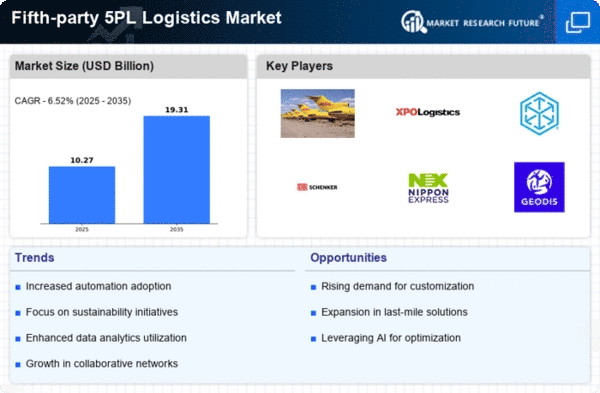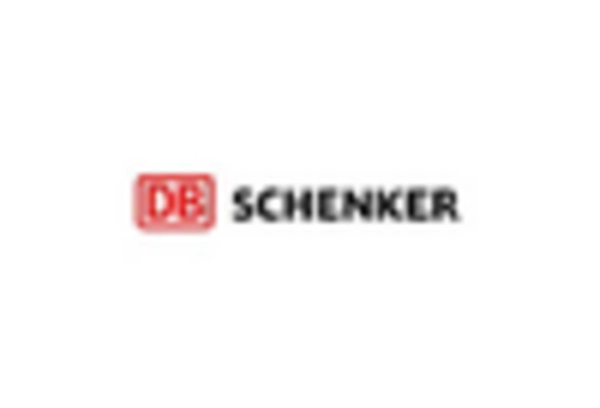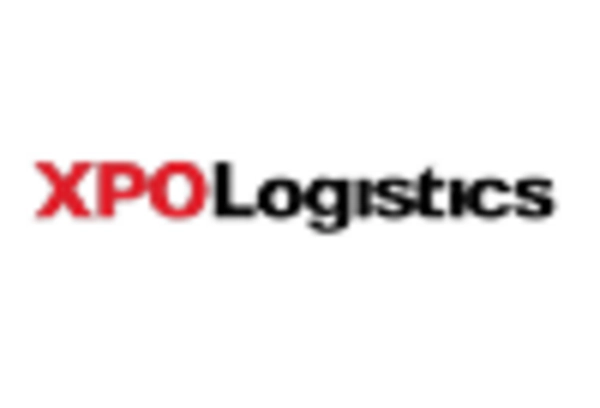Market Trends
Key Emerging Trends in the Fifth-party 5PL Logistics Market
Dynamic market trends have characterized this transformation which defines what we know today as Fifth-party Logistics (5PL) markets in future when it comes to logistics and supply chain management businesses optimizing their operations towards improved efficiency therefore making 5-pl’s role critical in these cases. One key trend within 5PL marketplace involves increased technology usage emphasis; where there has been an upsurge of advanced technologies including AI; blockchain; IoT etc., thus leveraging such tools underway by major third party logistics providers to boost visibility, traceability and real-time goods monitoring across the supply chain.
Furthermore, the 5PL market is witnessing a shift towards more customer-centric logistics solutions. In response to the growing importance of e-commerce and rising customer expectations for fast, reliable delivery, 5PL providers are redesigning their strategies with an emphasis on enhancing consumer satisfaction. This includes developing novel last-mile delivery options as well as increasing modes of communication and delivery flexibility. With this customer experience focus, the traditional logistic landscape is being reshaped thereby emphasizing agile and responsive 5-PL offerings.
Globalization continues shaping the market trends of 5PL logistics. As businesses expand their operations across borders, there is a growing need for seamless integrated international logistics solutions. Consequently, they have set up comprehensive global networks by creating alliances with strategic partners and multimode transportation options. The world’s ability to provide end-to-end logistics solutions on a global scale has become one of the key differentiators that separate 5-Pls from their competition worldwide in line with changing requirements by multinational corporations.
Moreover, data analytics are a key game changer in the 5PL market. The huge amounts of data created by supply chains can be analysed to find patterns and trends and identify places that can be optimized. Consequently, 5PL providers are using such tools to estimate demand correctly and determine how they can enhance their processes.
This means that making decisions backed up by credible information in regard to data is one of the core competences required for 5PL players who want to survive in today’s competitive environment.



















Leave a Comment